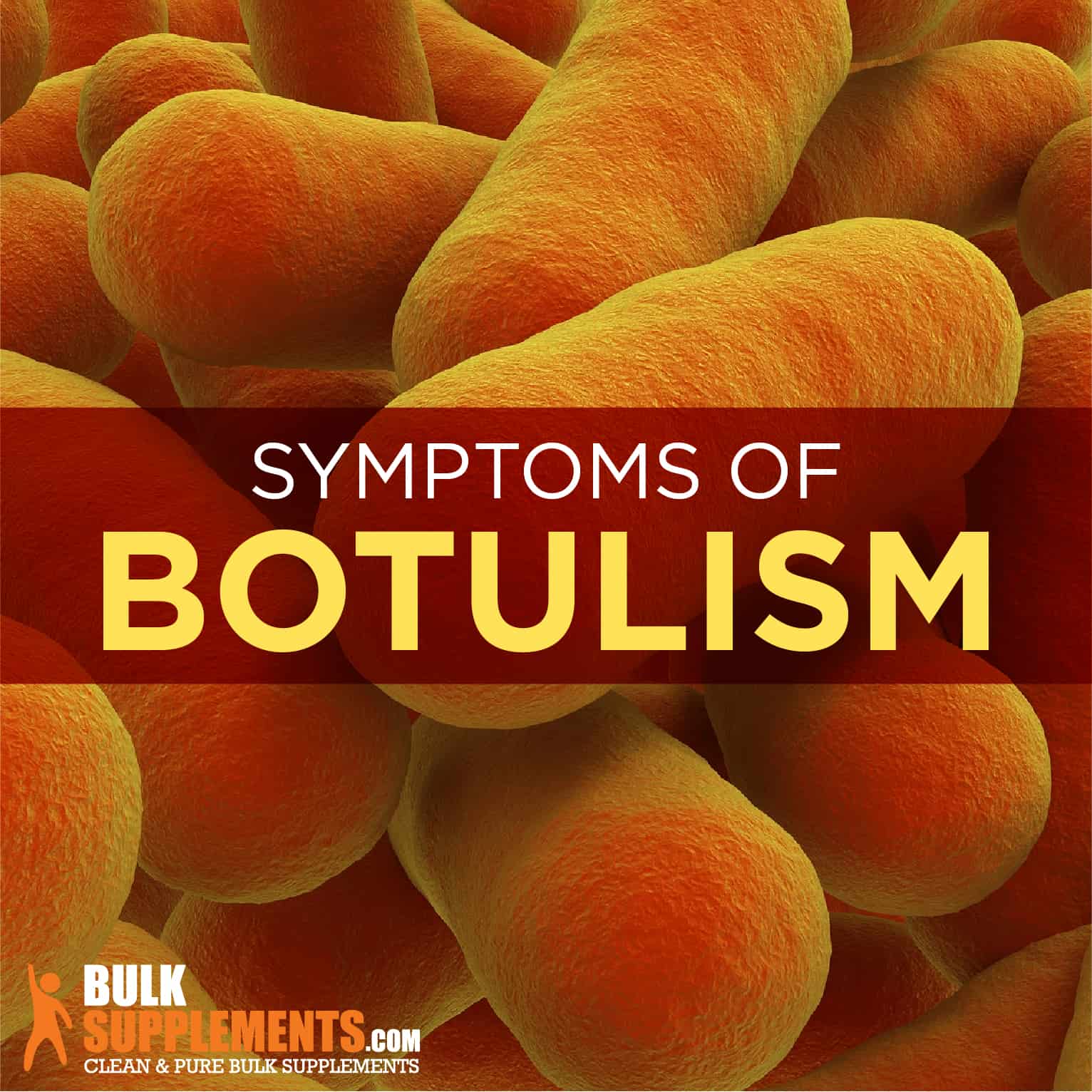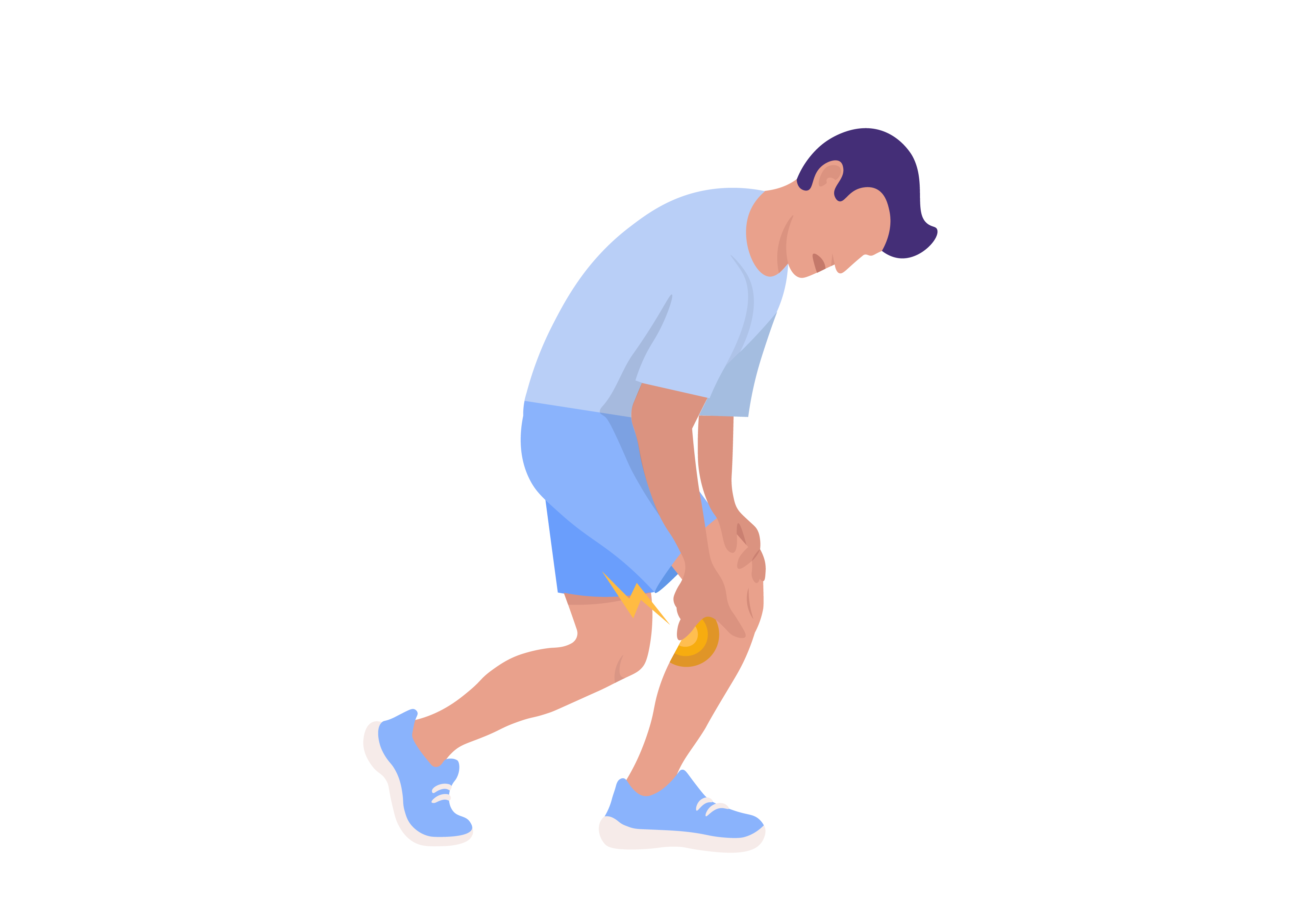Botulism: A Comprehensive Guide To Symptoms, Causes, And Treatment
Botulism: A Comprehensive Guide to Symptoms, Causes, and Treatment What is botulism and why is it important to understand?
Editor's Notes: "Botulism: A Comprehensive Guide To Symptoms, Causes, And Treatment" have published today date. The topic is important to read to raise awareness of the disease, its causes, symptoms, and treatment options.
Through analysis and research, we have compiled this guide to assist you in comprehending botulism and making informed decisions.
Key Differences or Key Takeaways
Transition to main article topics

Botulism: Symptoms, Causes & Treatment - Source community.bulksupplements.com
FAQ
This comprehensive guide delves into the intricate facets of botulism, a potentially life-threatening condition caused by a neurotoxin produced by the bacterium Clostridium botulinum. Understanding its symptoms, causes, and treatment options is crucial for effective management and prevention.

Pelvic Inflammatory Disease: Symptoms, Causes, Treatment, 58% OFF - Source www.micoope.com.gt
Question 1: What are the primary symptoms of botulism?
Botulism manifests through an array of neurological symptoms, including blurred vision, double vision, drooping eyelids, difficulty swallowing, and muscle weakness that progresses from the head and neck downward, potentially leading to paralysis of the respiratory muscles and death.
Question 2: How does botulism occur?
Botulism typically arises from the ingestion of preformed botulinum toxin in contaminated food, such as improperly canned or preserved items. In rare cases, it can also develop through inhalation of toxin-laden dust or infection of wounds with Clostridium botulinum bacteria.
Question 3: Is there a cure for botulism?
Currently, there is no specific cure for botulism. Treatment focuses on supportive care, including mechanical ventilation to assist breathing, administration of antitoxin to neutralize the toxin, and meticulous wound care in cases of infection.
Question 4: What are the long-term effects of botulism?
Recovery from botulism can be protracted, and some individuals may experience long-term weakness or fatigue. In severe cases, permanent respiratory impairment or muscle weakness may persist.
Question 5: How can botulism be prevented?
Prevention of botulism hinges on proper food handling and preservation techniques, including thorough cooking of food, avoiding consumption of spoiled or unrefrigerated items, and adhering to recommended practices for canning and preserving food.
Question 6: What should I do if I suspect someone has botulism?
If botulism is suspected, immediate medical attention is paramount. Contact emergency services and provide a detailed account of the symptoms, potential exposure to contaminated food, and any other relevant information.
By understanding these key aspects of botulism, you are better equipped to prevent, recognize, and respond effectively to this serious condition.
Next Section: Treatment Options for Botulism
Tips For Preventing Botulism
Botulism is a serious illness caused by a toxin produced by the bacterium Clostridium botulinum. The toxin can cause paralysis of the muscles, including those that control breathing and swallowing. Botulism can be fatal if not treated promptly.
There are several ways to prevent botulism, including:
Tip 1: Cook food thoroughly. The botulism toxin is destroyed by heat. Cooking food to an internal temperature of 165 degrees Fahrenheit will kill the toxin.
Tip 2: Avoid eating raw or undercooked meat, poultry, or fish. These foods can contain the botulism toxin.
Tip 3: Wash your hands thoroughly after handling food. This will help to prevent the spread of the botulism toxin.
Tip 4: Store food properly. Food should be stored in a cool, dry place. Avoid storing food at room temperature for more than two hours.
Tip 5: Discard any food that has been spoiled. Spoiled food can contain the botulism toxin.
Tip 6: Do not feed honey to children under one year old. Honey can contain the botulism toxin, which can be harmful to infants.
Tip 7: Get vaccinated against botulism. The botulism vaccine is recommended for people who are at high risk for the disease, such as those who work with animals or who have weakened immune systems.
By following these tips, you can help to prevent botulism.
For more information about botulism, please visit the Centers for Disease Control and Prevention website: Botulism: A Comprehensive Guide To Symptoms, Causes, And Treatment
Botulism: A Comprehensive Guide To Symptoms, Causes, And Treatment
Botulism is a serious paralytic illness caused by a neurotoxin produced by the bacterium Clostridium botulinum. Understanding its symptoms, causes, and treatment is crucial for effective management.
- Symptoms: Weakness, blurred vision, difficulty swallowing
- Causes: Ingestion of contaminated food (e.g., canned goods), wound infections
- Transmission: Person-to-person transmission is rare
- Diagnosis: Clinical exam, electromyography, toxin testing
- Treatment: Antitoxin, supportive care (ventilation, nutrition)
- Prevention: Proper food handling, vaccination

Knee Instability: Symptoms, Causes, And Treatment Heiden, 53% OFF - Source www.pinnaxis.com
These key aspects provide a comprehensive understanding of botulism, from its distinctive symptoms to effective treatment and preventive measures. Prompt recognition and intervention are essential to mitigate the severe consequences of this paralytic illness. Collaboration between healthcare professionals, public health agencies, and the community is crucial for effective management and control of botulism.
Botulism: A Comprehensive Guide To Symptoms, Causes, And Treatment
Botulism is a rare but potentially fatal illness caused by a neurotoxin produced by the bacterium Clostridium botulinum. The toxin blocks nerve signals, causing paralysis that can affect breathing, swallowing, and muscle movement. Botulism can be foodborne, infant botulism, or wound-related. Symptoms usually appear within 12 to 36 hours after exposure to the toxin and can include blurred vision, drooping eyelids, difficulty breathing, and muscle weakness. If left untreated, botulism can lead to paralysis and even death. Treatment for botulism involves administering an antitoxin to neutralize the toxin and supportive care to manage symptoms and prevent complications.

Prostatitis: Explained Symptoms, Causes, & Treatment Guide | PPT - Source www.slideshare.net
Botulism is a serious illness that requires prompt medical attention. If you suspect that you or someone else may have botulism, seek medical help immediately. Early diagnosis and treatment can improve the chances of a full recovery.
There are several simple steps you can take to prevent botulism:
- Cook food thoroughly, especially meat, fish, and vegetables.
- Avoid eating food from cans or jars that are bulging, leaking, or damaged.
- Discard any food that has been left out at room temperature for more than two hours.
- Wash your hands thoroughly before handling food.
- Keep your kitchen clean.
By following these simple steps, you can help protect yourself and your family from botulism.
Table of Contents
Symptoms of Botulism
The symptoms of botulism can vary depending on the type of botulism. The most common symptoms of foodborne botulism include:
- Nausea
- Vomiting
- Diarrhea
- Abdominal pain
- Double vision
- Drooping eyelids
- Difficulty breathing
- Muscle weakness
- Paralysis
The symptoms of infant botulism usually include:
- Constipation
- Weak cry
- Poor feeding
- Lethargy
- Muscle weakness
- Paralysis
The symptoms of wound-related botulism usually include:
- Pain
- Swelling
- Redness
- Discharge
- Muscle weakness
- Paralysis
Causes of Botulism
Botulism is caused by a neurotoxin produced by the bacterium Clostridium botulinum. The bacterium is found in soil, dust, and water. It can also be found in food that has been improperly canned or preserved.
Foodborne botulism is the most common type of botulism. It occurs when people eat food that contains the botulinum toxin. The toxin can be found in canned foods, fermented foods, and vacuum-packed foods. Infant botulism occurs when babies ingest the botulinum toxin from dust or soil. Wound-related botulism occurs when the botulinum toxin enters a wound.
Treatment for Botulism
Treatment for botulism involves administering an antitoxin to neutralize the toxin and supportive care to manage symptoms and prevent complications. The antitoxin is usually given intravenously. Supportive care may include mechanical ventilation, suctioning, and feeding through a tube.
Most people who receive treatment for botulism make a full recovery. However, some people may experience long-term effects, such as muscle weakness or fatigue.
Prevention of Botulism
There are several simple steps you can take to prevent botulism:
- Cook food thoroughly, especially meat, fish, and vegetables.
- Avoid eating food from cans or jars that are bulging, leaking, or damaged.
- Discard any food that has been left out at room temperature for more than two hours.
- Wash your hands thoroughly before handling food.
- Keep your kitchen clean.
By following these simple steps, you can help protect yourself and your family from botulism.
Battle Of The Titans: Bucks Clash With Jazz In NBA Playoff Thrill Ride, Altona Fire: Historic Church Destroyed, Community Reels From Devastating Blaze, Tragic South Korean Plane Crash Leaves Dozens Dead In San Francisco, Hungarian Goulash: A Hearty And Flavorful Traditional Dish, Cositorto: The Rise And Fall Of A Cryptocurrency Scammer, Luis Vazquez: Award-Winning Actor, Director, And Creative Force, Universitario Vs. Inter Miami: CONCACAF Champions League Quarterfinal Preview, Monaco Vs Rennes: Ligue 1 Clash Preview, Udinese Vs. Roma: Clash Of The Titans In Serie A Title Race, Real Madrid Triumphs Over Brest In Pre-Season Clash,